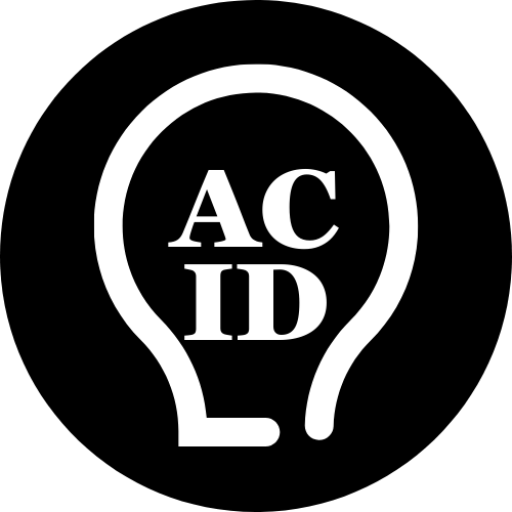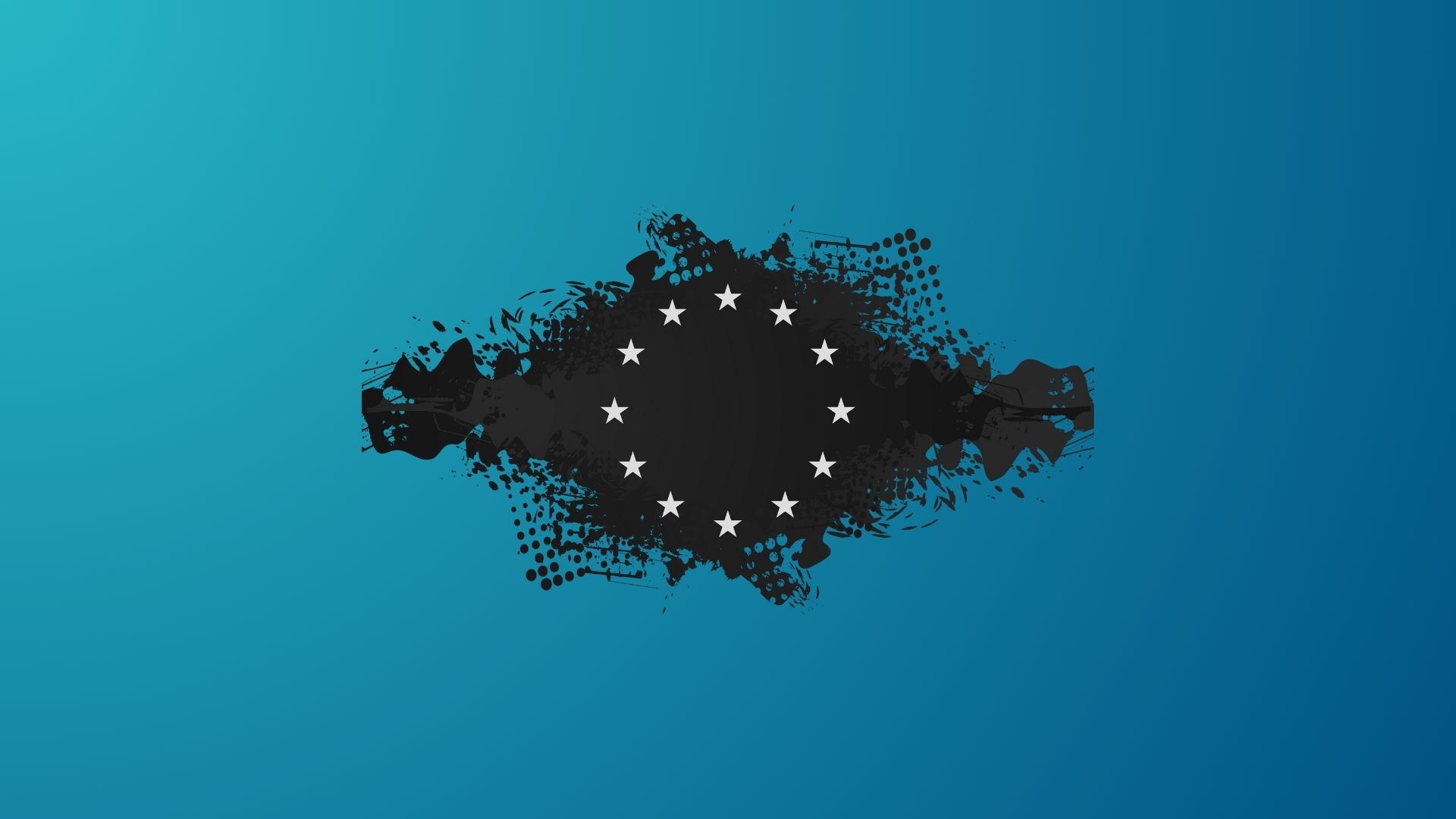The EU AI Act is the new big thing in Europe a few years after GDPR came into force. “America innovates, China copies, Europe regulates”. This adage by Emma Marcegaglia, the former president of Confindustria, the Italian employers’ union, applies to AI. Let’s take a look at why and how Europe is seeking to protect its citizens from the horrors of AI.
Understanding the EU AI Act
This legislation ensures that developers create and deploy AI applications safely, transparently, and ethically. As AI technologies increasingly integrate into our daily lives, the need for regulation has become more apparent than ever.
In this post, we will explore the EU AI Act. We will examine its implications for businesses, consumers, and the global landscape of AI governance. Ultimately, this legislation sets a global standard for the ethical development and use of AI. This version maintains your original message while improving clarity and flow.
The Genesis of the EU AI Act
The EU AI Act reflects the European Union’s vision to create a digital future that respects fundamental rights. This legislation aims to establish a human-centric approach to AI. It represents a significant step toward ensuring that developers prioritize human welfare and ethical considerations in AI systems.
By setting clear guidelines and standards, the EU promotes innovation. At the same time, it ensures that technological advancements do not compromise ethical values or societal norms.
The Impact on Innovation and Technology
The AI Act introduces regulatory measures while aiming to balance governance and technological innovation. This legislation encourages the development of ethical AI solutions that can benefit society. By doing so, it positions the EU as a leader in the global digital economy.
Furthermore, the Act establishes clear rules that provide a stable environment for businesses. This stability fosters innovation and leads to advancements in AI that respect ethical standards and human rights.
The 4 AI categories
The AI Act introduces a novel classification system for AI applications, categorising them into 4 risk levels: unacceptable risk, high risk, limited risk, and minimal risk. This classification dictates the regulatory requirements for each category, with high-risk applications subject to stringent compliance checks.
This framework aims to mitigate risks associated with AI. It ensures that systems remain transparent, reliable, and do not compromise individuals’ rights or safety. By clearly delineating these categories, the EU provides a roadmap for developers and businesses. This approach fosters a safer AI ecosystem.

The AI Act categorises AI systems based on their inherent risks:
- Unacceptable Risk
Systems deemed highly dangerous, like social scoring, are prohibited. - High Risk
Systems with significant potential for harm, such as facial recognition for law enforcement, require stringent compliance obligations. - Low Risk
Systems posing minimal risk, like simple chatbots, face minimal regulation. - Minimal Risk
Minimal regulatory burden for low-risk systems.
This risk-based approach prioritises safety and ethical considerations while fostering responsible innovation.
The 3 Key Pillars of the Act
The Act outlines specific requirements for different risk categories, promoting:
- Transparency and Accountability
Demanding explainability and clear information on how AI systems reach decisions. AI providers must ensure transparency regarding system behaviour, data usage, and decision-making processes. Clear documentation and explanations are essential. - Fairness
Prohibiting bias and discrimination based on protected characteristics like race, gender, and religion. Training data must be representative, unbiased, and regularly updated. Data quality and diversity are critical for fair AI. - Human Oversight
Ensuring human involvement in crucial decision-making processes to mitigate risks and uphold values.
These principles seek to build public trust in AI and avoid scenarios of algorithmic bias and discrimination.
Implications for Businesses and Consumers
Compliance Challenges and Opportunities
For businesses, adapting to the AI Act presents both challenges and opportunities. Compliance may require significant adjustments to existing AI systems and processes, potentially incurring costs.
However, these challenges also offer businesses the chance to differentiate themselves by embracing ethical AI practices. Companies that lead in ethical AI can gain a significant competitive advantage. By prioritizing ethical practices, they build trust with consumers. This trust positions them as leaders in the future digital landscape.
Enhancing Consumer Trust and Safety
The AI Act is poised to significantly enhance consumer trust and safety in AI technologies. By ensuring that AI systems are transparent and held to high ethical standards, the legislation protects consumers from potential harms and misuse of AI.
This increased trust can accelerate the adoption of AI solutions across various sectors, driving innovation and societal progress. Consumers can feel more secure in their interactions with AI, knowing there are robust regulations in place to protect their interests.
Setting a Global Standard for AI Regulation
The EU AI Act in the Global Context
The EU AI Act has the potential to set a global standard for AI regulation. As the first comprehensive AI legislation of its kind, the Act could influence how other countries and international corporations approach AI governance worldwide.
By promoting a unified approach to ethical AI development, the EU is positioning itself as a regulatory leader in the digital age. This global influence underscores the Act’s potential to foster international cooperation in the development and use of AI technologies.
The EU’s pioneering legislation may serve as a blueprint for other nations, encouraging a more harmonized global framework for AI governance.
Challenges and Criticisms
Despite its ambitions, the AI Act faces criticisms, including concerns that it may stifle innovation, place undue burdens on small and medium-sized enterprises (SMEs), and pose challenges for global compliance.
Critics argue that the regulatory framework could hinder the EU’s competitiveness in the fast-evolving AI landscape. Addressing these concerns is crucial for ensuring that the Act supports innovation while achieving its ethical and safety objectives.
The Act is still under development, undergoing negotiations between the European Commission, Parliament, and Council. Despite challenges, significant progress has been made, with agreement reached on various provisions.
Experts anticipate finalisation in late 2024 or early 2025, followed by a transition period for implementation.The Act is still under development, undergoing negotiations between the European Commission, Parliament, and Council. Despite challenges, significant progress has been made, with agreement reached on various provisions.

What Does the EU AI Act Mean for You?
The EU AI Act is set to significantly impact businesses and individuals by regulating the use and development of artificial intelligence (AI) within the European Union. Here’s how it will affect various aspects of daily life and business operations:
For Businesses
- Compliance and Risk Management
Businesses operating within the EU, as well as those outside the EU that offer AI products or services to EU residents, will need to comply with new regulations. This includes adhering to specific requirements for high-risk AI systems, such as those used in healthcare, education, and critical infrastructure[1][2][3][4]. Compliance will involve assessing and mitigating risks, ensuring transparency, and maintaining data privacy, which could lead to significant changes in how AI systems are developed and deployed. - Operational Costs and Innovation
The AI Act introduces a tiered compliance system, where the obligations increase with the level of risk associated with the AI system[5]. This could result in increased operational costs for businesses, particularly for those dealing with high-risk AI systems, as they might need to invest in additional oversight and verification processes[2]. However, the Act also aims to foster innovation by creating a standardised regulatory environment that could potentially make it easier for businesses to scale and innovate within the EU. - Global Impact and Market Access
The AI Act could have a global impact similar to the GDPR, influencing how companies worldwide develop and deploy AI systems to comply with EU standards[4]. This could affect global market access for AI technologies, pushing companies worldwide to adopt higher standards of AI safety and ethics.
For Individuals
- Privacy and Personal Rights
One of the primary aims of the AI Act is to protect individuals’ privacy and personal rights. It addresses concerns about AI systems that could lead to intrusive surveillance or biassed decision-making[1]. This means individuals may expect more transparency and fairness in AI-driven decisions, such as those related to job applications, loan approvals, or educational opportunities. - Consumer Protection
The Act prohibits certain AI practices deemed too risky, such as systems designed to manipulate human behaviour or exploit vulnerable groups[3]. This will enhance consumer protection, ensuring that individuals are not unknowingly subjected to AI systems that could harm their autonomy or safety. - Accountability and Redress
The AI Act emphasises accountability, requiring clear documentation of AI systems’ decision-making processes[1][3]. This could empower individuals by providing clearer pathways to seek redress if they are adversely affected by an AI-driven decision, enhancing trust in AI applications.
In summary, the EU AI Act is poised to bring comprehensive changes to how AI is handled in business and daily life, emphasising safety, transparency, and ethical considerations. While it presents challenges in terms of compliance and operational adjustments for businesses, it also offers significant opportunities for innovation and enhanced protections for individuals.
Citations:
- [1] https://www.sage.com/en-us/blog/eu-ai-act-artificial-intelligence-business/
- [2] https://publyon.com/eu-ai-act-what-does-it-mean-for-your-business/
- [3] https://legalnodes.com/article/eu-ai-act-overview
- [4] https://www.chathamhouse.org/2024/03/eus-new-ai-act-could-have-global-impact
- [5] https://www.ey.com/en_ch/forensic-integrity-services/the-eu-ai-act-what-it-means-for-your-business
Enforcement and Penalties:
- National authorities will enforce the act.
- Non-compliance can result in fines up to 6% of global turnover.
Remember, the EU AI Act represents a major step toward comprehensive AI regulation. Stay informed as the details evolve, and adapt your strategies accordingly.
Feel free to explore further resources to delve deeper into the specifics of this groundbreaking regulation. 🌐🤖
Sources
- The EU AI Act: A Primer | Center for Security and Emerging Technology
- EU AI Act: Key Changes in the Recently Leaked Text
Conclusion: The Path Forward with the EU AI Act
The EU AI Act represents a significant step towards shaping the future of AI on a foundation of ethical, transparent, and safe practices. Its success will depend on the collaborative efforts of policymakers, businesses, and consumers to adapt and innovate within its framework. As the Act moves towards implementation, it offers an opportunity to redefine the global AI landscape, emphasising the importance of ethics and human values in technology. The dialogue around the AI Act and its evolution will be crucial in ensuring that AI serves the greater good, marking a new era in the responsible development and use of artificial intelligence.
Stay Informed, Get Involved:
- Follow @EU_Commission on Twitter for updates: https://twitter.com/?_escaped_fragment_=/twitter
- EU AI Act: Key changes in the recently leaked text: https://www.allenovery.com/en-gb/global/blogs/tech-talk/eu-ai-act-key-changes-in-the-recently-leaked-text
FAQs
What is the EU AI Act?
The EU AI Act is a comprehensive regulatory framework introduced by the European Union to govern the development, deployment, and use of artificial intelligence technologies.
What obligations do companies have under the EU AI Act?
Companies developing or deploying AI systems within the EU must comply with specific obligations based on the risk level of their applications.
What challenges might businesses face in complying with the EU AI Act?
Compliance with the EU AI Act presents challenges such as understanding and implementing the detailed requirements for high-risk systems, ensuring robust data governance, and maintaining transparency.
To find out more
Official EU AI Act website: https://www.context.news/ai/what-does-the-ai-act-mean-for-digital-rights-in-the-eu
European Commission’s AI page: https://digital-strategy.ec.europa.eu/en/policies/artificial-intelligence
To find out more about Digital Carbon Footprint




> Discover the other blog pages
☘️ How To Find The Overlap Between Sustainability And Marketing
💪 Overcoming B2B SaaS Challenges: Customer, GTM & Marketing
📈 How Mastering SEO Can Lead To Sustainable Growth In B2B Saa

